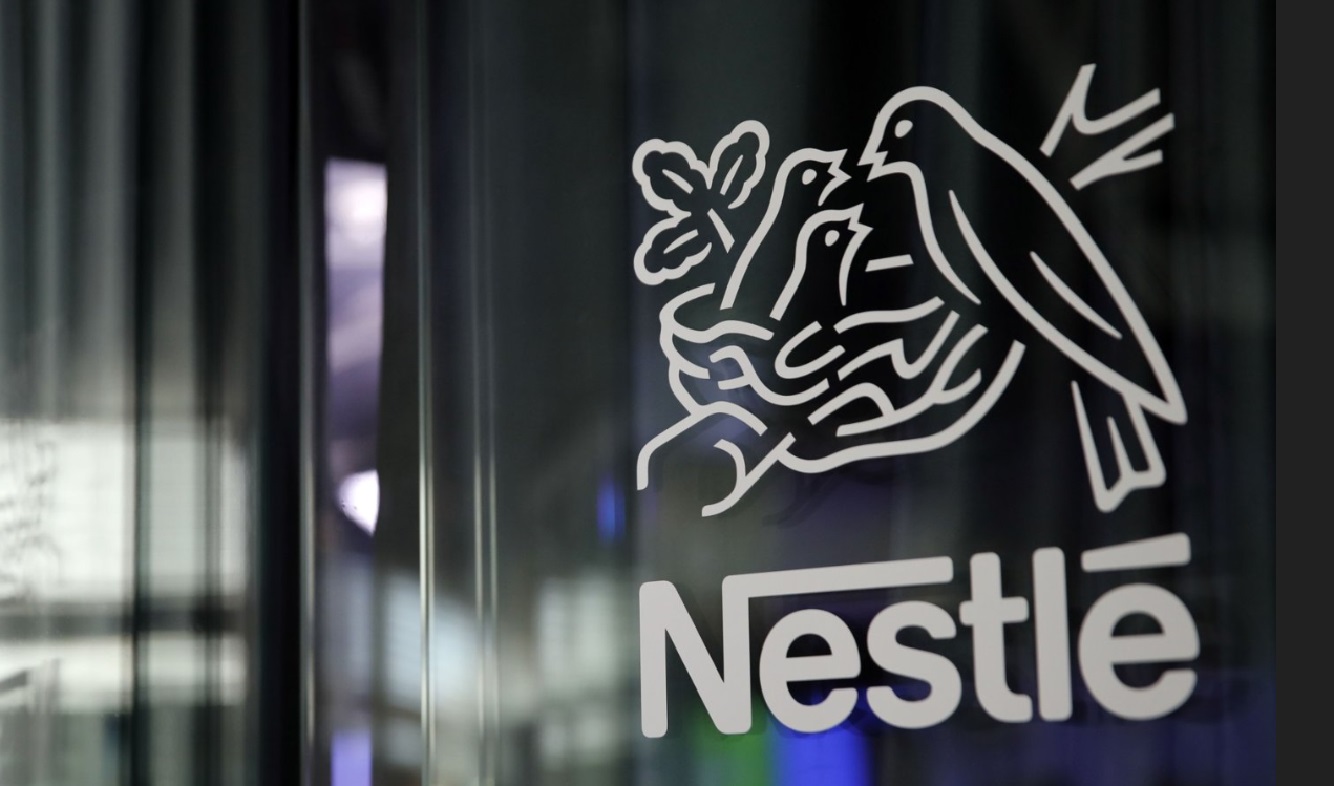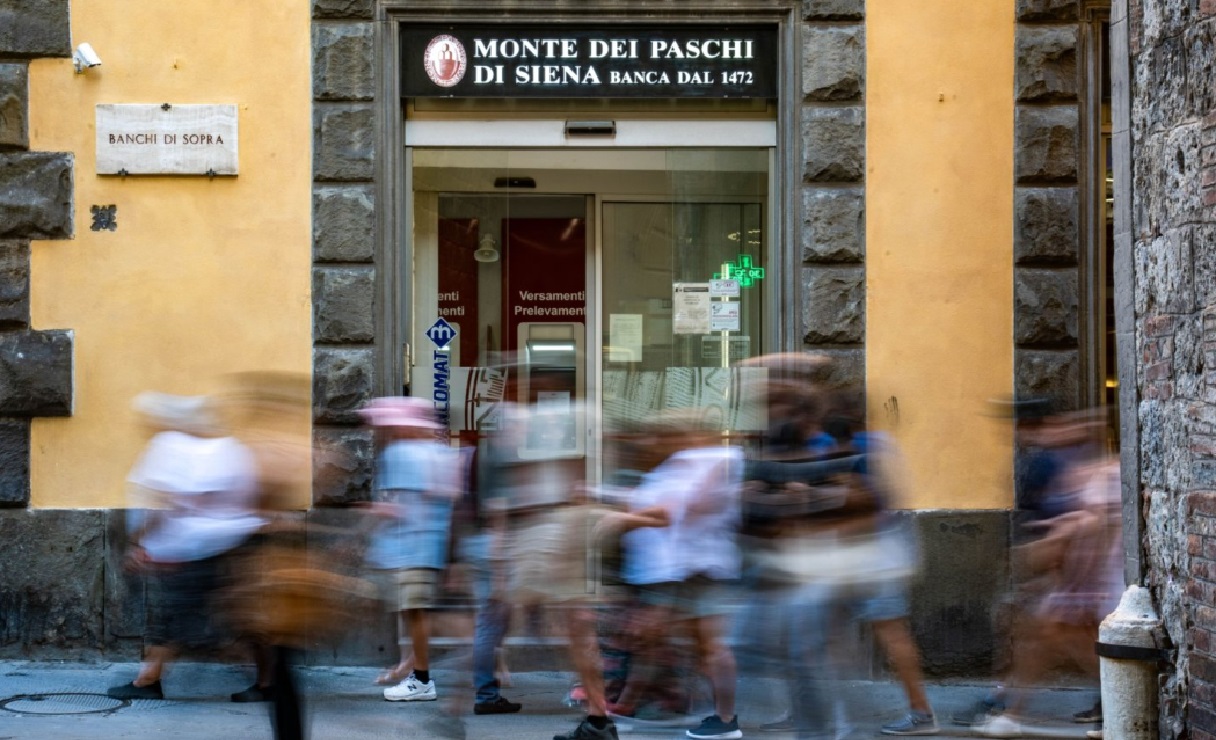Nestle on Thursday reported annual organic sales growth slightly below expectations, as the world’s biggest packaged food company continued to raise prices, prompting some consumers to turn to rival brands. The Swiss company also said it expects organic sales growth of around 4% in 2024 and a “moderate increase” in its core operating profit margin. The 2023 operating profit margin was 17.3%, up 40 basis points at constant currencies.
Organic sales, which exclude the impact of currency movements and acquisitions, rose 7.2% in the year to December 31, the maker of Nescafe coffee said. Analysts on average expected organic sales growth of 7.4%.
However, Nestle’s net profit rose sharply by around 20% to 11.2 billion CHF.
The packaged goods industry has been hitting consumers with higher prices for more than two years, citing higher production costs that began with the Covid-19 pandemic and were exacerbated by Russia’s invasion of Ukraine. Everything from sunflower oil to shipping has risen in price, impacting global supply chains.
Executives in recent quarters have noted that costs will rise at a slower pace, but have warned that consumers will continue to pay more as companies have not yet recovered from years of damage from higher costs.
“Unprecedented inflation over the past two years has increased pressure on many consumers and affected demand for food and beverages”, said in a statement the CEO of Nestle, Ulf Mark Schneider.
The company’s annual sales shrank by 1.5% to about 93 billion CHF, falling slightly short of an estimate of 93.68 billion CHF.
Nestle’s full-year price increases of 7.5% met analysts’ average forecasts. Real domestic growth – or sales volume – for the period fell 0.3%, versus expectations for a 0.1% decline.
Sales volume in the fourth quarter was positive, increasing by 0.4%.
Rival grocery company Unilever, which slowed price increases significantly in the fourth quarter, also reported a recovery to higher volumes for the period.
Investors and analysts have raised concerns that the companies are raising prices too much and have called for a greater focus on marketing and innovation amid a cost-of-living crisis that has seen supermarket own-brands steal market share.



